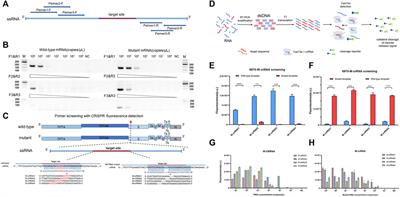EDITORIAL
Published on 28 Jul 2022
Editorial: Point-of-care testing for infectious and foodborne pathogens
doi 10.3389/fcimb.2022.975449
- 1,173 views
- 2 citations
18k
Total downloads
71k
Total views and downloads
Select the journal/section where you want your idea to be submitted:
EDITORIAL
Published on 28 Jul 2022
ORIGINAL RESEARCH
Published on 26 May 2022

ORIGINAL RESEARCH
Published on 11 May 2022

ORIGINAL RESEARCH
Published on 12 Apr 2022

ORIGINAL RESEARCH
Published on 31 Mar 2022

ORIGINAL RESEARCH
Published on 17 Feb 2022

REVIEW
Published on 10 Feb 2022

ORIGINAL RESEARCH
Published on 03 Jan 2022

ORIGINAL RESEARCH
Published on 29 Sep 2021

ORIGINAL RESEARCH
Published on 14 Jul 2021

ORIGINAL RESEARCH
Published on 17 Mar 2021

ORIGINAL RESEARCH
Published on 25 Feb 2021


Frontiers in Bioengineering and Biotechnology